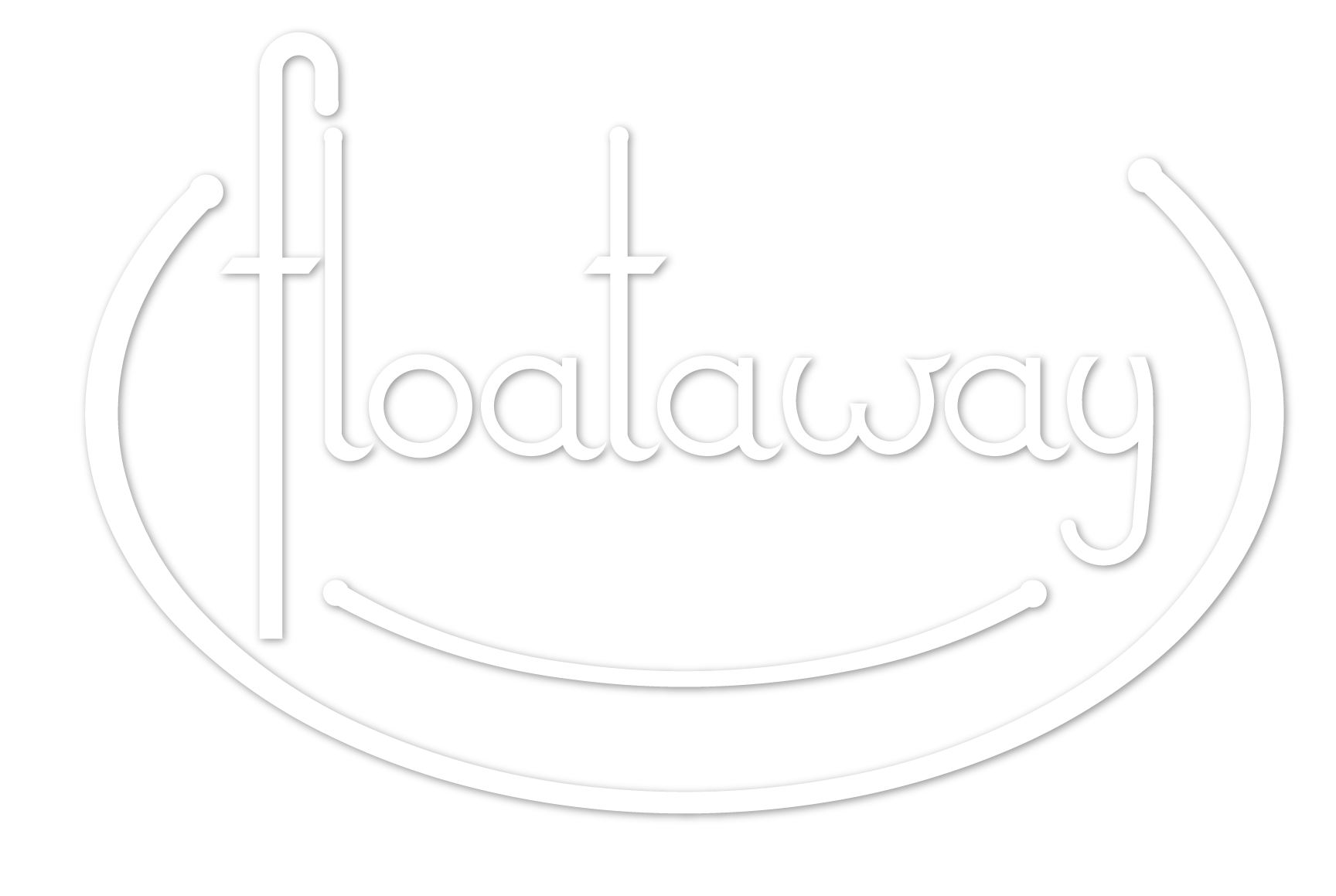Floating can help your Insomnia
Insomnia is a common sleep disorder that can be challenging to treat. While there are various treatments available, some people may not find relief from conventional methods. Floatation therapy, an alternative and natural approach, can be an effective tool in managing insomnia symptoms.
Floatation therapy involves immersing oneself in a tank filled with warm saltwater that is designed to provide sensory deprivation. The high concentration of magnesium in the water can help to regulate stress hormones, promote relaxation, and improve sleep quality. Additionally, the sensory deprivation environment can help to reduce external stimuli that can interfere with sleep.
Research has shown that floatation therapy can have significant benefits for managing insomnia symptoms. In a study published in the Journal of Sleep Research, researchers found that floatation therapy improved sleep quality and reduced insomnia symptoms in participants. The study also showed that floatation therapy increased feelings of relaxation and reduced levels of cortisol, a stress hormone that can interfere with sleep.
Another study published in the International Journal of Stress Management found that floatation therapy can be an effective intervention for stress-related disorders, including insomnia. The study showed that floatation therapy significantly reduced stress levels and improved sleep quality in participants.
The benefits of floatation therapy for insomnia may be due to the high concentration of magnesium in the water. Magnesium is a mineral that plays a crucial role in regulating various bodily functions, including muscle and nerve function, blood pressure, and glucose levels. Low levels of magnesium have been linked to poor sleep quality and insomnia, and increasing magnesium intake through floatation therapy may help to alleviate these symptoms.
In conclusion, floatation therapy can be an effective tool for managing insomnia symptoms. By providing a sensory deprivation environment, floatation therapy can reduce external stimuli and promote relaxation, leading to improved sleep quality. The high concentration of magnesium in the water may also play a role in reducing stress levels and improving sleep quality. If you suffer from insomnia, consider exploring floatation therapy as part of a holistic approach to managing your symptoms.
References:
Kjellgren A, et al. J Sleep Res. 2001 Sep;10(3):165-73.
Bood SA, et al. Int J Stress Manag. 2006 May;13(2):154-75.

